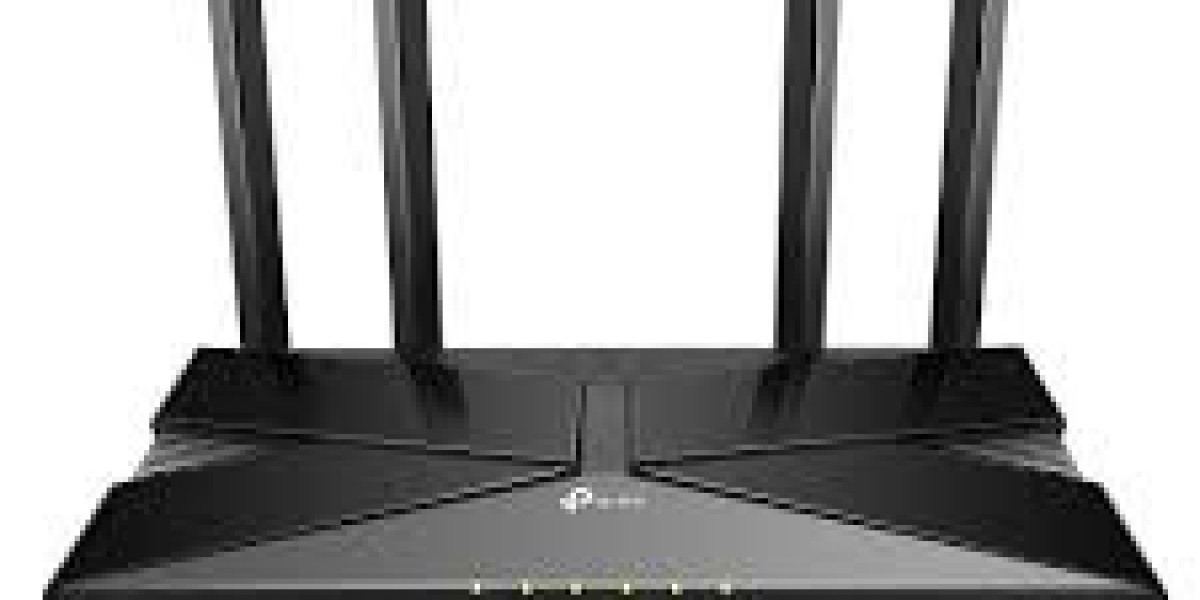In today’s hyper-connected world, having a reliable internet connection is no longer a luxury—it’s a necessity. Whether you’re working remotely, streaming your favorite shows, gaming, or managing smart devices, staying online seamlessly is crucial. One of the most versatile and practical solutions to meet this need is a 4G router.
4G routers have become increasingly popular due to their ability to deliver fast, stable internet connectivity without the need for a traditional broadband line. They are particularly beneficial in areas where wired connections are unavailable, unreliable, or expensive. In this article, we’ll explore everything you need to know about 4G Routers their benefits, features, and how to choose the right one for your needs.
What Is a 4G Router?
A 4G router is a device that connects to the internet using a 4G LTE cellular network and distributes that connection via Wi-Fi or Ethernet. Unlike traditional routers, which rely on cable, fiber, or DSL broadband, 4G routers use a SIM card to access the mobile network. This makes them highly portable and flexible.
With a 4G router, you can create a Wi-Fi hotspot anywhere with cellular coverage, making it an excellent choice for homes, offices, vehicles, and remote locations.
Key Features of a 4G Router
1. SIM Card Support
A 4G router requires a SIM card to access the cellular network. Most routers support standard-sized SIM cards, while some may also be compatible with micro or nano SIMs.
2. Wi-Fi Connectivity
4G routers provide Wi-Fi connectivity to multiple devices simultaneously, just like traditional routers. This makes them ideal for families or small businesses.
3. Ethernet Ports
Many 4G routers feature Ethernet ports for wired connections, providing faster and more stable internet for devices like desktop computers, gaming consoles, and smart TVs.
4. Dual-Band Support
Advanced 4G routers offer dual-band support (2.4 GHz and 5 GHz) for better performance, reduced interference, and faster speeds.
5. Battery or Mains Power
Some 4G routers come with built-in batteries, making them portable and perfect for travel. Others require a power source and are designed for stationary use.
6. High-Speed Internet
With 4G LTE technology, these routers can deliver download speeds of up to 150 Mbps or more, depending on the network and device capabilities.
7. Failover Support
Many 4G routers offer failover support, automatically switching to cellular data if your primary wired connection goes down. This ensures uninterrupted connectivity.
Benefits of a 4G Router
1. Portability
A 4G router allows you to take your internet connection wherever you go. Whether you’re on a road trip, camping, or working in a temporary office, you can stay connected.
2. Easy Setup
Setting up a 4G router is straightforward—simply insert a SIM card, turn on the device, and connect your devices to the Wi-Fi network.
3. No Dependency on Wired Networks
For areas without broadband infrastructure, a 4G router is a game-changer. It eliminates the need for fixed-line installations, saving time and cost.
4. Backup Internet Solution
A 4G router can serve as a backup internet solution in case your primary broadband connection fails, ensuring that you stay online when it matters most.
5. Support for Multiple Devices
With a 4G router, you can connect multiple devices, such as smartphones, laptops, tablets, smart TVs, and IoT devices, simultaneously.
6. Affordable Internet Access
Depending on your data plan, using a 4G router can be a cost-effective alternative to traditional broadband.
Common Use Cases for 4G Routers
1. Remote Locations
In rural or remote areas with limited broadband options, a 4G router can provide fast and reliable internet access.
2. Travel and Mobility
Portable 4G routers are perfect for travelers who need internet access on the go, such as digital nomads or business professionals.
3. Temporary Setups
For construction sites, pop-up shops, events, or temporary offices, 4G routers offer a convenient and flexible solution.
4. Home Use
Many households use 4G routers as their primary internet source, especially if wired broadband is unreliable or unavailable.
5. Business Continuity
Businesses can use 4G routers as a failover option to ensure seamless operations during network outages.
Choosing the Right 4G Router
When selecting a 4G router, consider the following factors:
1. Speed and Network Compatibility
Check the maximum supported speeds and ensure the router is compatible with your carrier’s network bands.
2. Wi-Fi Range and Coverage
Look for routers with strong Wi-Fi signals and the ability to cover a wide area, especially if you plan to use them in larger spaces.
3. Number of Connections
Ensure the router can support the number of devices you plan to connect.
4. Portability
If you need internet on the go, choose a router with a battery and a compact design.
5. Advanced Features
Features like failover support, dual-band Wi-Fi, and Ethernet ports can enhance your experience.
6. Price and Data Plans
Consider your budget and the cost of the accompanying data plan. Look for options that provide the best value for your needs.
Popular 4G Router Brands
Some well-known brands offering high-quality 4G routers include:
· Huawei
· Netgear
· TP-Link
· D-Link
· Zyxel
The Future of 4G Routers
As 5G technology becomes more widespread, 4G routers will continue to play a crucial role, especially in regions where 5G infrastructure is still developing. Their versatility, affordability, and reliability make them an essential tool for connectivity.
Conclusion
A 4G router is a powerful and practical solution for anyone seeking reliable and flexible internet connectivity. Whether you’re at home, traveling, or working remotely, these devices offer fast speeds, easy setup, and the convenience of staying connected without relying on traditional broadband. By choosing the right 4G router for your needs, you can unlock a world of possibilities and ensure that you’re always online.








